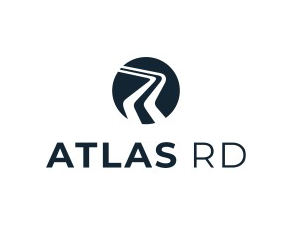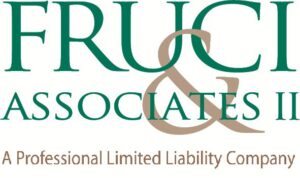Extra Extra! Read all about it! The crowdfunding bill is here!
Hot off the digital presses is a copy of the JOBS Act (PDF) that is awaiting the President’s signature. It
Go with the undisputed thought leaders and the #1 most recommended firm in the industry. Go with CrowdCheck, go with confidence.

Show investors that you mean business.
CrowdCheck enables crowdfunding, giving entrepreneurs everything they need for an issuance, plus organizing, verifying, and delivering information to potential investors. Let CrowdCheck manage your funding process while you manage your business.
CrowdCheck will make you a better investor.
CrowdCheck provides streamlined information from verified research to give investors the power to make educated decisions. CrowdCheck has proprietary checks specifically designed for pooled investment vehicles such as private funds, real estate projects, and fractionalized asset offerings.
Stay compliant to grow your platform.
CrowdCheck protects investors and online investment platforms by managing the complicated processes of disclosure, due diligence, and compliance…
Protecting your platform and investors from fraudulent activities.















CrowdCheck was the first to develop what is today, the most comprehensive and streamlined crowdfunding support system in the industry. For over a decade, CrowdCheck has been helping entrepreneurs secure funding and protecting investors with an easy-to-understand diligence product that enables investors to fund with confidence.
CrowdCheck diligence is a must have for entrepreneurs seeking funding. A CrowdCheck diligence report is a validation of a business, its operations and it delivers a tangible snapshot for investors to consider.
Onboard CrowdCheck to stay compliant, protect your platform and your issuers.
At CrowdCheck, we walk entrepreneurs through the complicated disclosure process to meet all legal and compliance regulations.
“They’re going to let people defraud my grandma!”
“That’s what a friend of mine, an experienced securities attorney, said, when she heard about congressional efforts to expand crowdfunding into the entrepreneurial space.”
“Crowdfunding offers a unique source of funding to businesses that are unable to acquire bank loans or access the formal capital markets. With all of its unique benefits, crowdfunding also creates an extremely attractive platform for widespread, small-scale fraud. This fraud typically occurs when investors commit small amounts of money to a project, they are unlikely to want to pay lawyers to pursue fraudsters, and class action lawyers are unlikely to think such cases are worth their while. This also remains true for the State Attorney General and the SEC; they do not have the resources to pursue anything except the most egregious cases.
“This is where CrowdCheck is critical. CrowdCheck offers protection against potential fraud and helps investors make good investment decisions. CrowdCheck does the “due diligence” that lets investors (Grandmas included) see the results of this due diligence in an easy-to-understand report. CrowdCheck walks the entrepreneur through the complicated disclosure process so that they know they meet legal requirements and compliance.”
“CrowdCheck’s team is comprised of investigators, business lawyers, experienced securities attorneys, and seasoned entrepreneurs. For almost three decades, I personally have been doing diligence for companies that want to raise money. We think the capital markets offer great potential to improve everyone’s financial situation, but only if we all work together to keep the markets compliant.”
~ Sara Hanks Founder of CrowdCheck
Hot off the digital presses is a copy of the JOBS Act (PDF) that is awaiting the President’s signature. It
One of the exciting things about securities law is that rules can and do change in response to
A long time ago in what seems like a different universe, I was working on an IPO for